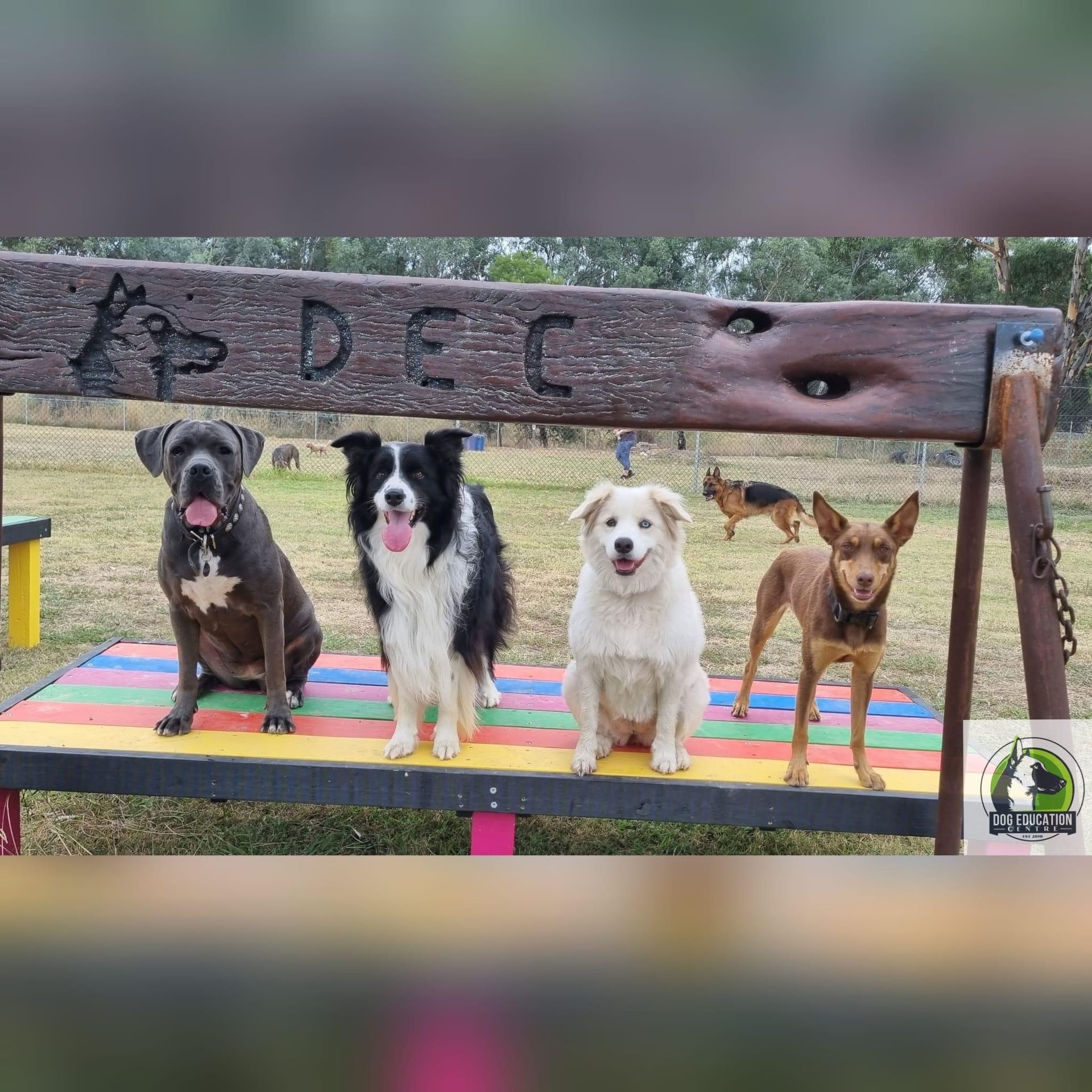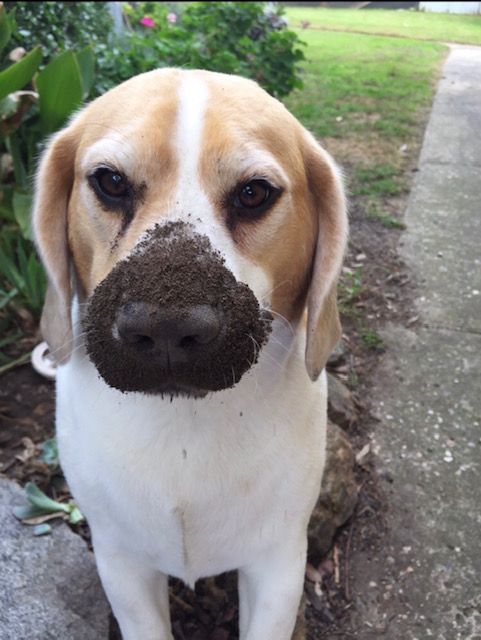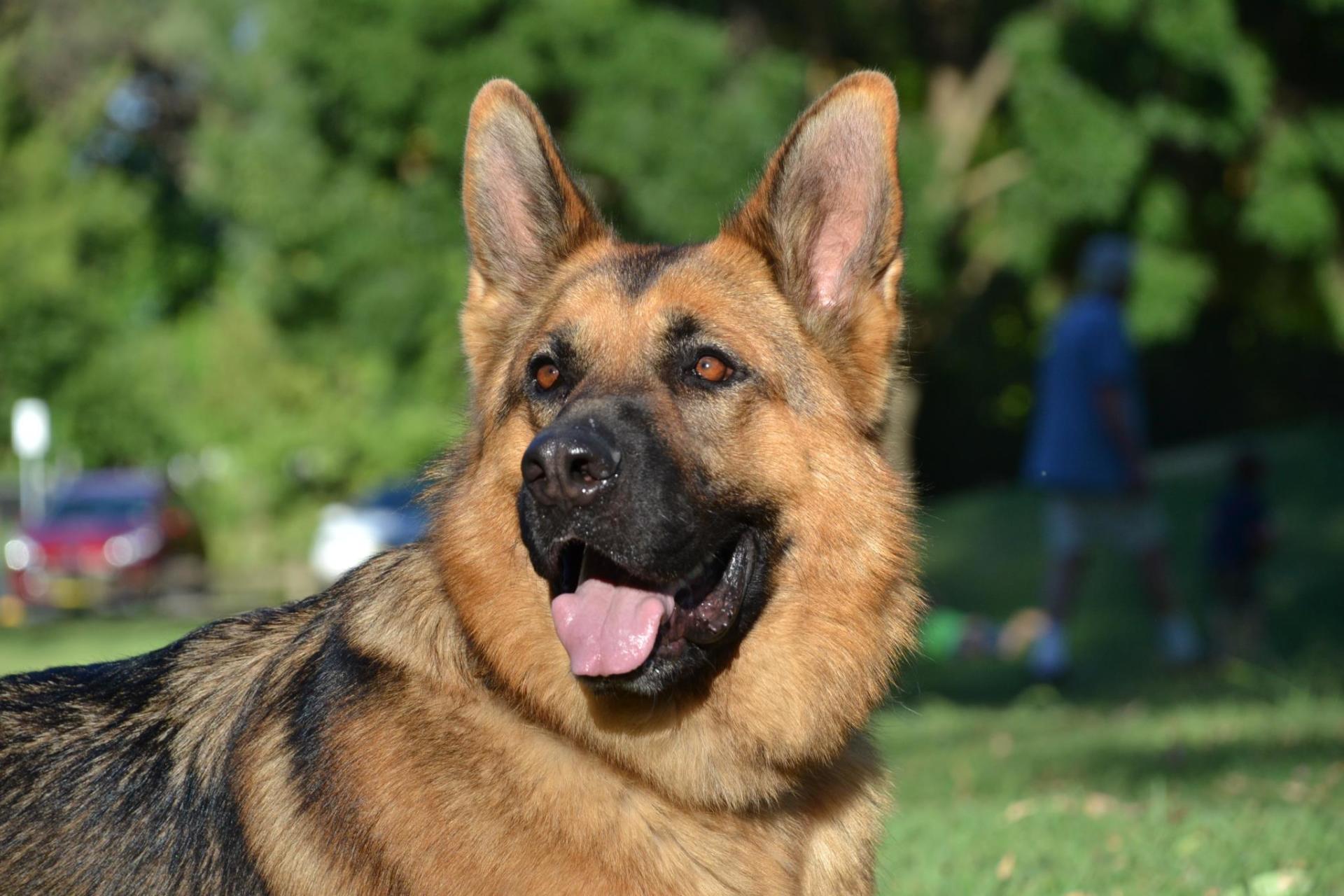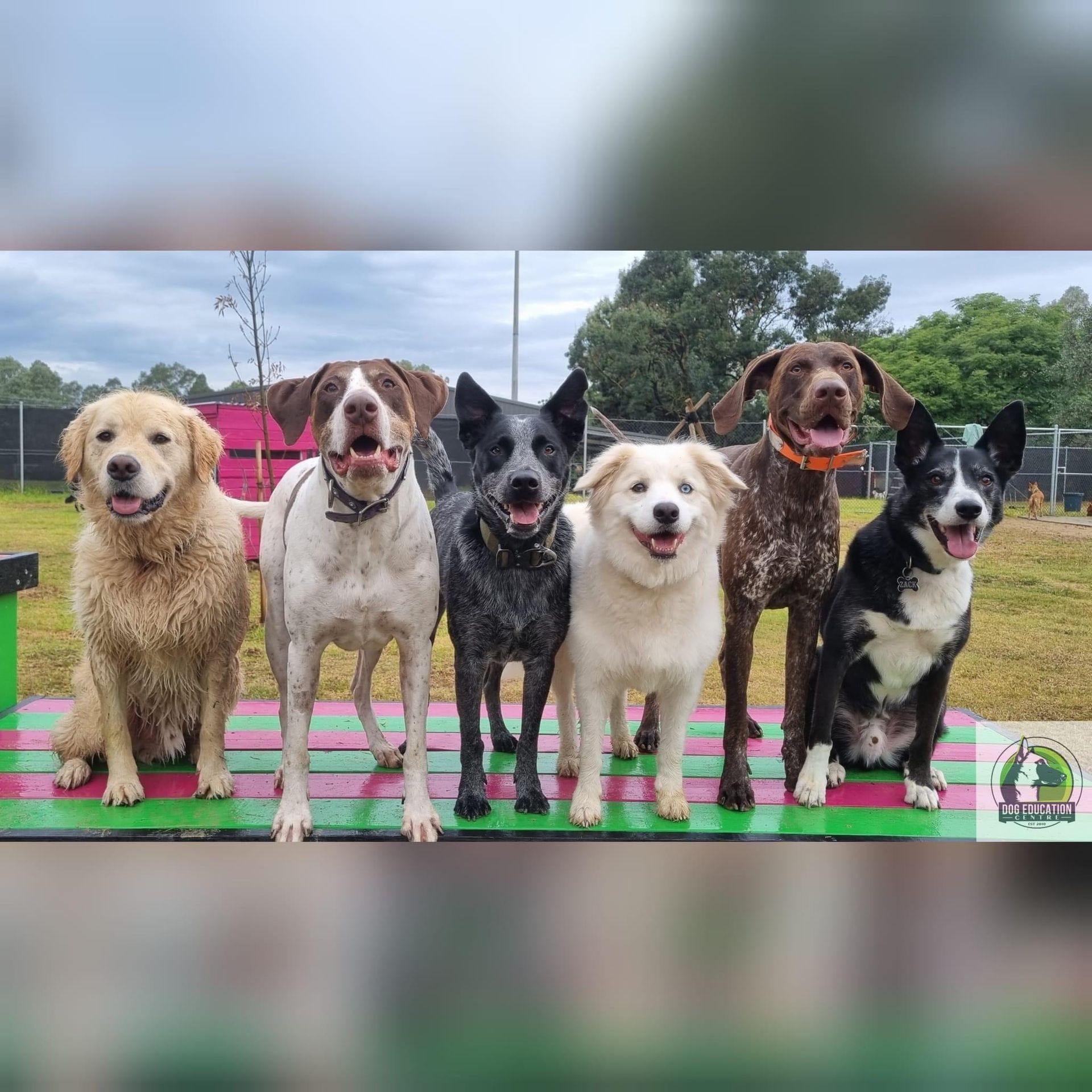Why we use food for dog training
"I don't want to rely on food for my training"
"Back in my day we didn't bribe dogs"
"My dog should just do as I say"
Does this sound familiar to you? We hear sentences like this so often and often when we ask why they are in for training it's because the dog won't recall, won't listen, pulls on the lead etc and there is a general break down in a section of their relationship.
Why is the dog like this?
Because the owner is holding low value to them. The owner hasn't worked on building the relationship in a way that the dog finds beneficial. In other words, the lack of rewards has dropped engagement and the owners overall value in the dogs eyes.
Imagine having a friend that provides no value to your friendship but has high expectations and demands things of you? How long would you remain friends with this person? Personally, this isn't a friendship I would want to invest any time in and it's the same for your dog.
So if you've found yourself in the position where your dog isn't listening and you want to change it's attitude, the first thing you need to fix is the gaps in your relationship and it's not as hard as you would think.
Firstly
- STOP feeding your dog from his/her bowl.
- Put your dogs daily food allowance in a treat pouch
- Start working on basic exercises and fun games for your dog to earn it's daily calories
- Use a marker to mark the moment your dog gets the game/training right
- Reward your dog early and often
- Be consistent
- Keep the sessions short 5 mins max
- Play with your dog daily Ball, tug, wrestling or whatever your dog finds enjoyable
- Invest daily time into your relationship where the dog feels good about your company
Do this daily for a couple of weeks and look at the change in your dog. You should see a dramatic difference in your dogs attitude, attention and overall demeanour.
For those of you saying that your dog doesn't have food drive, use high value food (not dry biscuits or dried liver. Try PRIME100 or equivilant) and remove all access to food other than through interactions with you. You can build food drive in
all dogs.
If you think that this isn't possible, our team works with 50 dogs per day and manages to get every one of them believing they are amazing and worth leaving games for.
Remember- Training only works when you do!

Easy tips to help you survive those first few nights

You're excited, You've bought a new puppy and it's his/her first night at home. You crawl into bed feeling that blissful feeling that only a new puppy can create, when it starts. The blood curdling howling, barking, crying.
You think you will just wait it out and surely it will stop but somehow that sweet little innocent puppy has transformed into the spawn of satan with the going down of the sun.
Don't worry. This is completely natural and we are going to give you some tips to get through it.
So with that, here are some things to remember.
Your puppy has most likely just come from a home with a few litter mates, it's mum and it's human family. Each night it would have been snuggled into it's siblings feeling warm and comforted and safe. Moving to a new family is a HUGE adjustment for your little pup and you are going to need to exercise some patience.
Now unless you plan on having this puppy in the bed with you forever, we do not advise that you put it into bed with you on the first night to stop the crying. What the puppy will see is that it was upset, it cried, you came and put it into a warm cosy place. The next night, guess what your puppy will expect? When you try to be tougher, guess what your puppy will do? It will escalate the crying until you can't take it and again bring it into the bed so you can get some sleep. It's a vicious circle.
Here are some basic steps you can take to help settle your puppy in with minimal fuss.
- Ensure your puppy spends some time daily on it's own working for some high value food. You want to create the feeling of ease when separated from you. Start independence training early.
- Give your puppy a warm bed free from draughts. Sounds simple but it's something that a lot of people forget.
- Crate train your puppy from day one.
- Ensure your puppy is tired before going to bed at night. This means exercise, training and habituation. A tired puppy will settle more easily.
- Noise. Sometimes a radio can help. Classical music has been shown to help settle dogs.
- Adaptil spray. This is a synthetic pheromone that *may* have calming effects. You can spray this on your puppies bed 10 mins before sleep time.
- Be consistent. Changing the rules creates a confused puppy.
- Be patient. If you have implemented all of the above, the crying will stop. The more you ignore it, the quicker the behaviour will disappear.
Enjoy this special time!



Terms and Conditions
Copyright 2018
Dog Education Centre ABN: 31 618 951 787
CONTACT
(02)60245073
dogs@brydiecharlesworth.com
3 Sheathers Road
West Wodonga Vic
3690
OPENING HOURS
- Mon - Fri
- -
- Saturday
- -
- Sunday
- Closed
